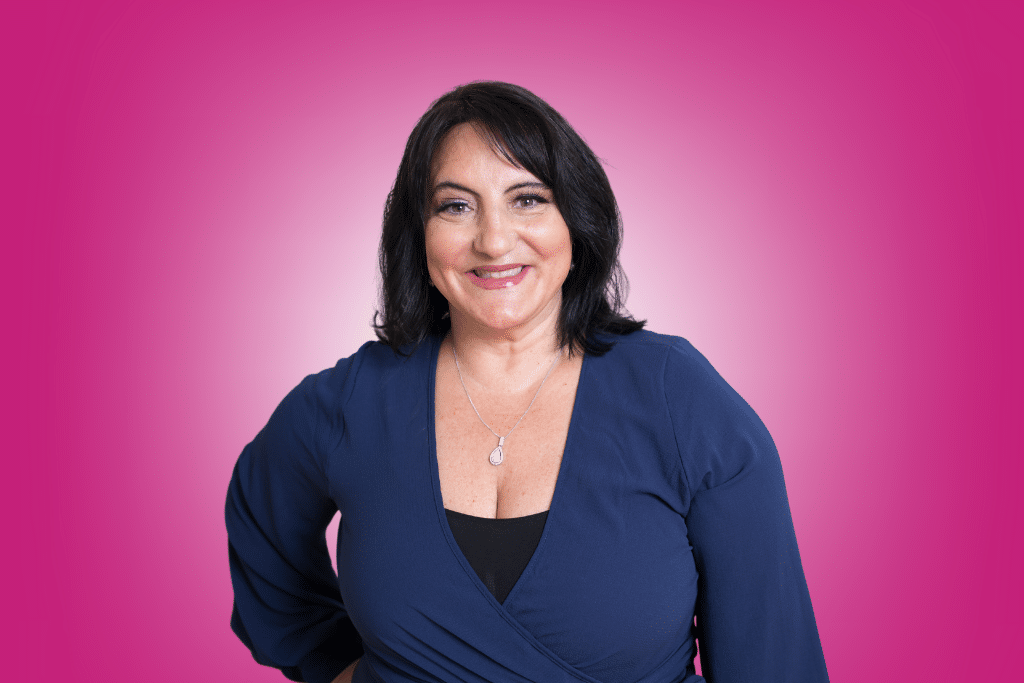ADHD and dyslexia often overlap due to similarities in symptoms or behavioral manifestations, leading to misdiagnoses and confusion among educators, parents, and even healthcare professionals. That’s why it’s imperative to understand the distinction between the two for accurate diagnosis and effective intervention strategies. For this episode, we unravel the complexities underlying ADHD and dyslexia, aiming to provide clarity and insight to ensure that our children receive the appropriate support and tailored individual interventions. Through this, we can foster a more informed and compassionate approach to supporting children with these conditions, empowering them to thrive academically, socially, and emotionally.
ADHD and dyslexia, differences in brain structure and function, and why dyslexics often get misdiagnosed with ADHD.
Speaking from my own experience as a mom of a dyslexic and someone who's spent over two decades specializing in neuropsych assessment for dyslexics, ADHD and dyslexia often get mixed up. This confusion often leads to misdiagnosis hindering children to get the appropriate interventions and support for them. That’s why it’s imperative to distinguish these two conditions apart from each other. Dyslexia, characterized by difficulties in reading and language processing, often stands as the primary culprit behind academic struggles. A comprehensive examination of the dyslexic brain reveals structural disparities, particularly in the Planum Temporale—an area implicated in language comprehension. Because of issues in neural connectivity, it becomes challenging for dyslexic children to sustain their attention. Despite what some people think, dyslexic people are often really smart, even if their grades don't show it. This can make it tricky to figure out what's going on with them. Unfortunately, a lot of people still don't know or understand dyslexia, which is why it often gets mixed up with ADHD. There is therefore a need to continue raising awareness about dyslexia and fighting these misconceptions so everyone can get the right support.
Dyslexia diagnosis and assessment, including the importance of proper testing and the role of Orton Gillingham methods.
Distinguishing dyslexia and ADHD is undeniably frustrating, especially considering their potential coexistence and the challenges they pose, particularly when attention issues come into play. Some of these challenges are rooted in misconceptions as regards dyslexia diagnosis and assessment, particularly the notion that testing cannot be conducted until a child reaches a certain age. What I want to emphasize is that this belief is unfounded. Another misconception is that dyslexia is primarily a visual processing issue. Rather, it stems from difficulties in auditory processing. Issues in phonological awareness, phonological memory, and rapid automatized naming significantly contribute to the condition. These deficits can lead to cognitive overload, resulting in attention difficulties – a common misconception that often leads to misdiagnosis of ADHD in dyslexic individuals. Assessments are thus important to accurately capture auditory processing deficits. There are available tests like the C top, which measure phonological processing, which are crucial for identifying dyslexia. It is also vital to educate more healthcare professionals and educators about dyslexia. Drawing from personal experiences and observations, I commend states like Massachusetts and New York for their proactive efforts in dyslexia education, while lamenting the lack of similar initiatives in other regions. Personally, I prefer and recommend QEEG brain maps for assessment as they could pinpoint underlying issues. However, I acknowledge the fact that diagnosing dyslexia isn't easy, and I think we often miss the mark by not focusing enough on tests specifically designed for dyslexia. Indeed, there is an urgent need for comprehensive training programs and comprehensive testing, particularly within programs like Orton Gillingham which I view as the gold standard in dyslexia remediation.
Dyslexia and ADHD remediation strategies for parents.
There is a great need to educate more educators and parents about identifying and supporting dyslexic children. Shockingly, many school systems neglect this until they're pressured to act. Some people think missing a few vowels won't hurt, but for dyslexic kids, every aspect of reading instruction matters. What people need to know is that while typical teaching aims for 80% success, dyslexic learners need 100% to progress because their brains work differently. Orton Gillingham-based programs show impressive success rates, but finding qualified instructors can be a challenge. Programs like Wilson and Lindamoo-Bell system offer packaged solutions, but remember that consistency is key as intensive, frequent sessions are vital for progress. In terms of school support, having an Individualized Education Program (IEP) is crucial. A 504 plan won't cut it for dyslexic kids – they need direct, targeted instruction. Diagnosis and assessment are vital too, ensuring that IEP goals align with the areas where they struggle the most. Managing dyslexia and ADHD requires a holistic approach. Prioritize brain health with interventions like neurofeedback and PEMF, along with supplements like magnesium and a nutritious diet. It's also essential to create a supportive environment within the family, as these strategies benefit everyone. Remember, dyslexia doesn't just disappear—it requires ongoing, targeted intervention. Don't let ADHD hold your child back. Empower them with the Natural ADHD Focus Formula Kit and unlock their full potential: https://drroseann.com/adhdkit For those seeking support, I offer science-backed guidance, tools, and resources to support you and your overall well-being: https://drroseann.com/ To learn more about ADHD and dyslexia, you may check out the following posts:
● 9 Signs Your Child Might be Dyslexic
● What Parents Should Know About Auditory Dyslexia
● 504 Plan for Students with Dyslexia
● Improving Reading Skills Brain Training for Dyslexia with Nancy Mcdermott
● 137 Top 10 IEP Mistakes with Pete Wright Esq
Links and Resources:
➡️ Join our FREE Natural Parenting Community to receive science-backed resources for your child and family. Join here.
➡️ Get help from Dr. Roseann and her team. Apply here.
➡️ “Is it ADHD or something else?” Take the quiz.








